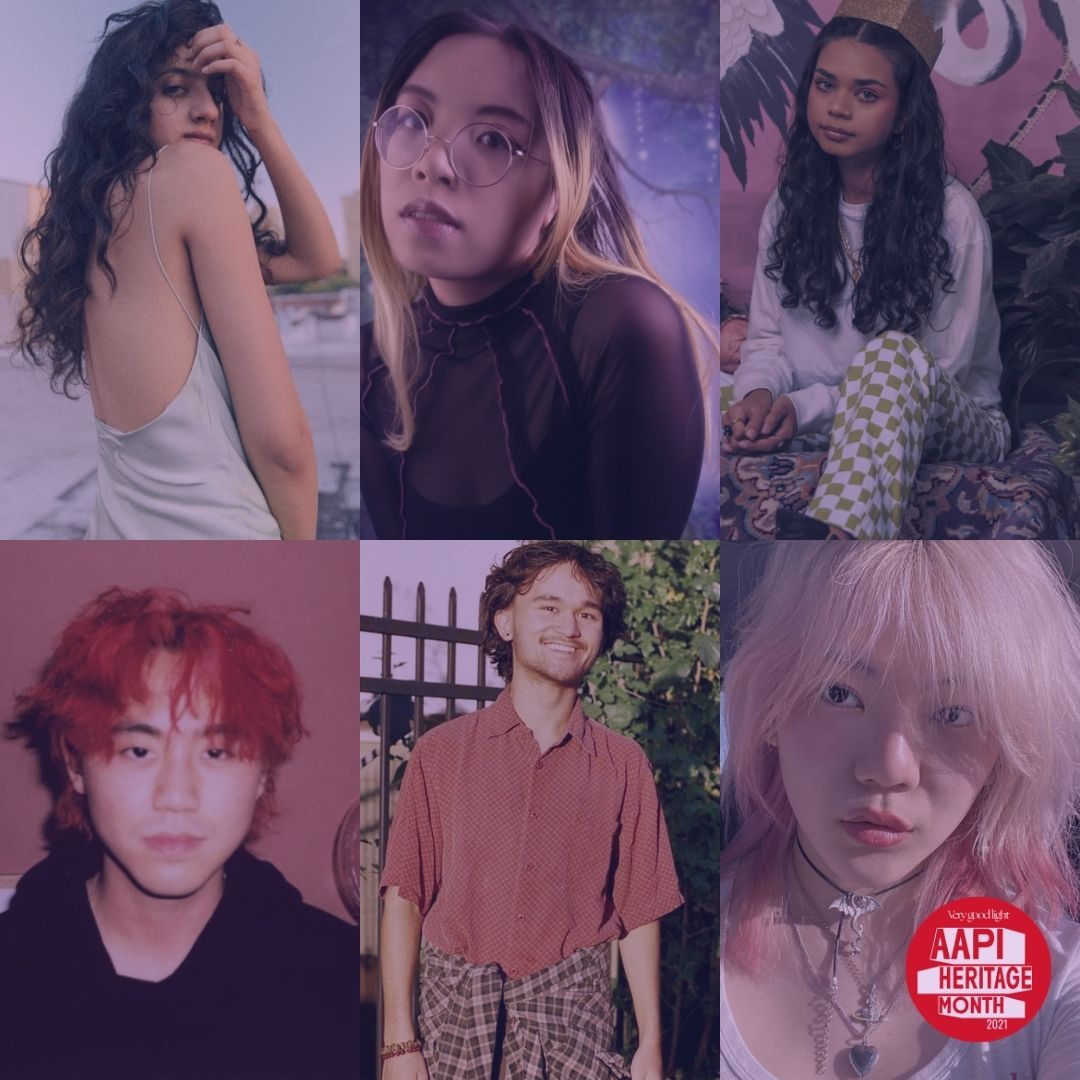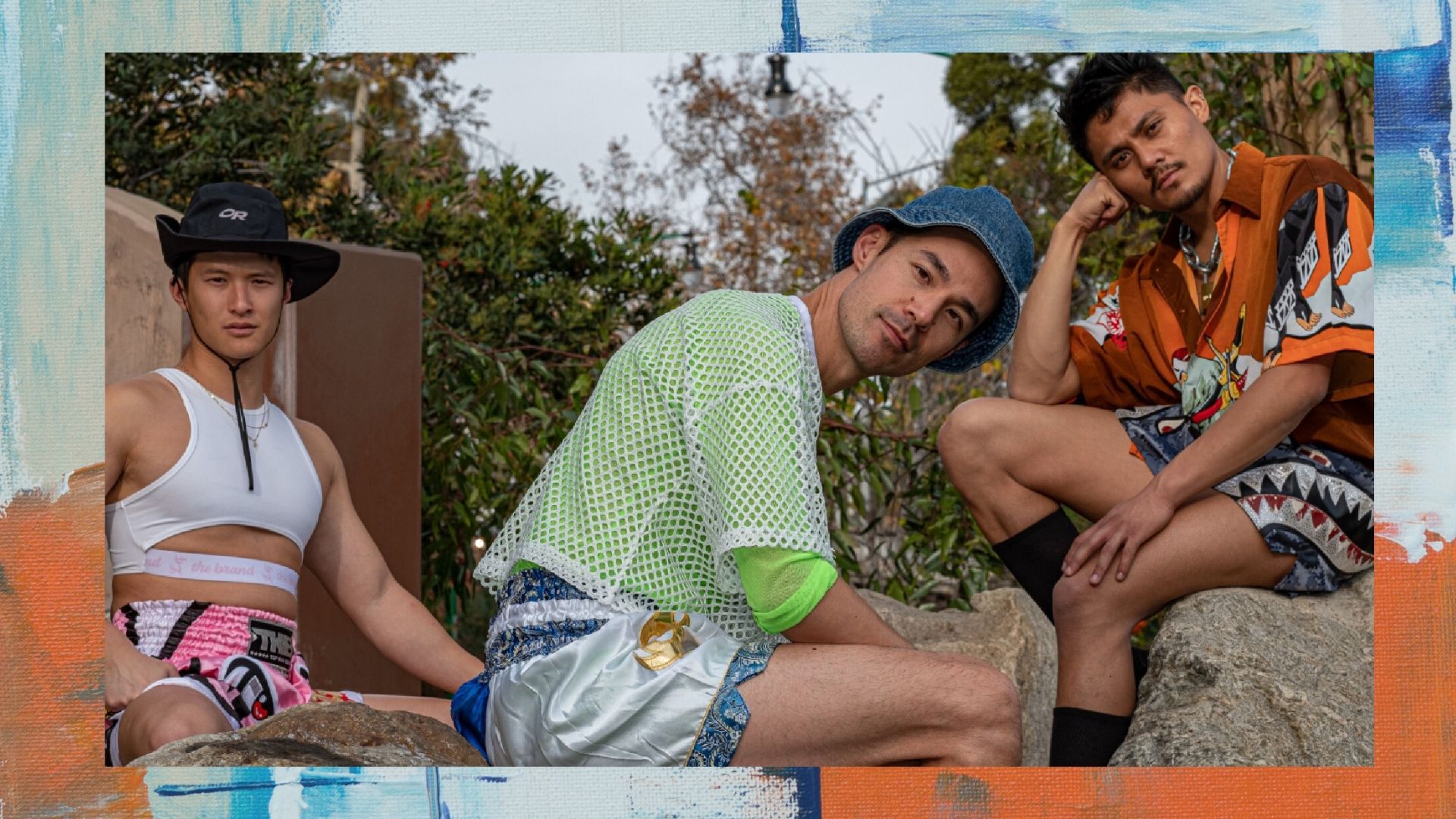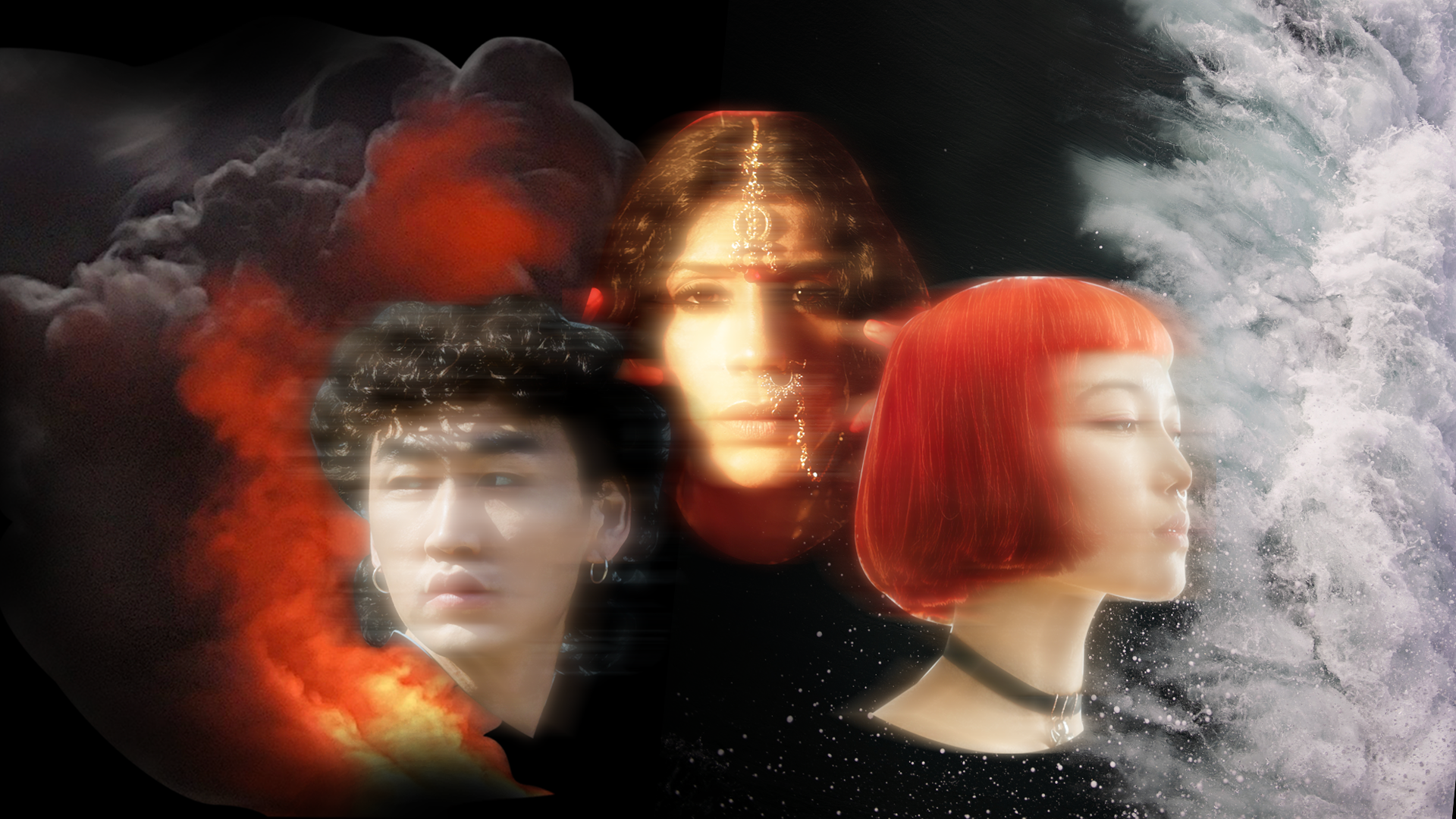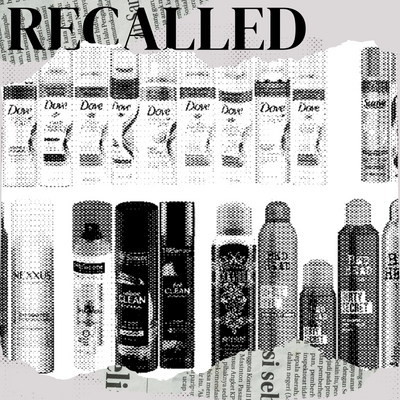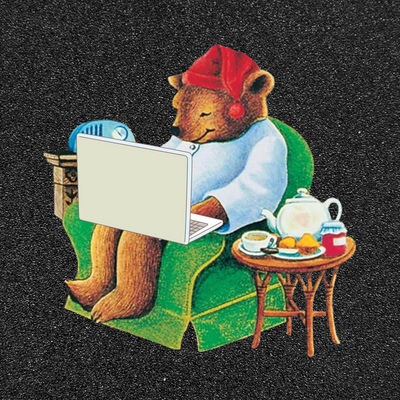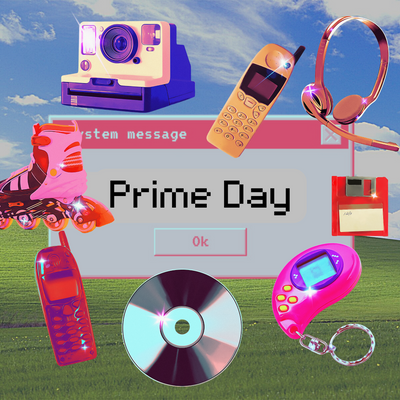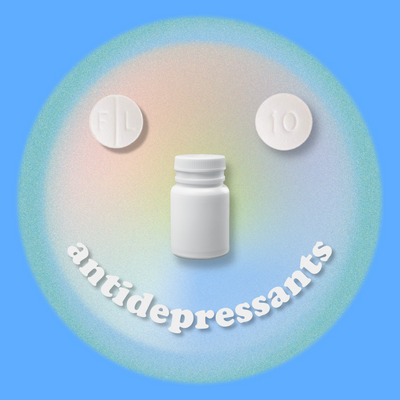To be Asian American is to have been burned a thousand times. A lifetime of burns that’s left behind ashes to dust, tossed overboard at sea, forgotten.
If they don’t see you do you even exist?
The insidiousness of erasure is that as an Asian in America, you’re forced to swallow it, digest it, where it calcifies into your bones, weighing your body as it’s pushed overboard, buried into the ocean, your screams silenced as you drown.
Being Asian in America feels as if you’re holding your breath waiting for someone to notice, for a hero to come along and save you, perhaps pass you a life jacket or throw you some oxygen.
It takes a death – not just any death – but one so tragic, so outrageous, so unfathomable, that people have no other choice but to pause, force condolences, and move along.
the way to address anti-asianness in america isnt for asian-americans to be “more” “american", its for americans to be less anti-asian
— jonny sun (@jonnysun) April 2, 2020
My heart skips a beat whenever I think about Michelle Go, the 40-year old New Yorker who was senselessly pushed into a subway. But I stop and wince, thinking that Michelle’s death is only cared about because somehow we can relate to a woman who accomplished so much under capitalism. I cannot help but to feel sorrow for her but also those who remain invisible – the elders who are still trampled on the streets, many who die at the hands that push them over onto the cold pavements.
I think often of my ancestors who came before even my parents, who’ve endured immense sufferings as immigrants from wartorn Asian countries, fleeing sex trafficking, poverty, mass deaths. They were forced to swallow their tears in their new country, out of necessity, out of survival, somehow convincing themselves that the new hardships they faced were what they deserved.
I’ve witnessed my father driving a beat up red car to and from his work at a factory, assembling chairs, sanding sharp-edged wood, much faster than his American peers to be accepted and embraced as one of them. Instead, he was viewed as a threat, a threatening foreigner out to replace them, relegated as other, nicknamed chink or slant-eye. Though he’s never admitted it, I can only imagine the late nights where a pacific pool of tears dropped onto the frosty linoleum floors he used to clean.
I’ve experienced my parents’ own belittling firsthand years later after they saved up to purchase a liquor store – called Stone Liquor* – near the eastside of Colorado Springs, a working class neighborhood. At six, a red-headed child named Tim admitted his dad called the store the “local chink store,” the first time I’d ever heard of the word. Though I didn’t quite understand the meaning, it somehow made my cheeks sanguine, burning with shame. Customers called my mother “mamasan,” as if the Japanese word had any meaning in Korean. In retrospect, as an adult, I realize how that very word was used to steal her humanity, downsizing her into none but a small, disposable hypersexualized object. It’s a thought that still lingers over me, suffocates me with helplessness, and another wave that sweeps me under.
One day at church, Jay**, a year younger than me, a Korean American with brown skin and dark eyes, appeared after what was a couple of months. When we asked where he’d been, he explained how his dad was shot and killed at his own liquor store. We lamented that we didn’t know, apologized for this loss, and explained how we all thought his family had moved. The guilt panged at our hearts but in reality, it was none of our faults we didn’t know about that ajeossi’s tragic passing — the news hadn’t even reported the incident, as if this Korean immigrant’s life was not worthy of the seconds on a news segment or the ink taking space on the thin, gray piece of smudged paper.
My parents went to work every day at 8 in the morning and returned around midnight, and I would stay up in bed, holding my breath until they’d come home and fall asleep. Only when I heard them retire to their bedrooms would I be able to shut off my violent imaginations of them, too, being assassinated.
While I’ve since processed these memories from my childhood, they still flood my mind, thrashing me into a whirlpool where I paddle my weak arms and panic. The rise of anti-Asianness has always been a reality for me but it’s at this moment – now, even as I type this out – where I suffocate as I continue reading about elders who are killed, teens who are attacked, women who are raped and killed, rampant violence towards anyone who looks remotely East Asian.
And I gasp for air again as I’m swept away by despair.
These days, I tend to my scars, which are like open wounds cracking open and bleeding at every new instance of violence and anti-Asian hate. I comfort myself by thinking about Asian Americans before me who sacrificed everything so that I could exist. They faced one of America’s biggest mass human lynching when Chinese immigrants were targeted in 1871, the Bellingham Riots that hunted and murder Sikh Americans in 1907, Japanese incarceration during World War II, to the death of Vincent Chin at the hands of domestic terrorists who were never charged. But it doesn’t sting any less that in it’s almost been a year since another homegrown terrorist casually murdered six Asian American women – all who worked minimum wage jobs – at three different spas in Atlanta, blaming his “sex addiction.” Were these women called “mamasan” as well, I thought as I read about them, picturing my own mother.
While I, along with 25 million other Asian Americans still mourn – two years since Donald Trump labeled this the Kung Flu – this moment feels different. A movement is sparking before our very eyes. At this very moment rage is catching fire across the country and Asian American desperation is beginning to tornado into an inferno. With it, Asian Americans are refusing to give up without a fight and the momentum has finally arrived.
Our experiences may have been gaslighted in the past, but today, we are the ones who scorch the Earth. With the embers below our feet, a blaze flickering in our eyes, we ignite the matches of justice lighting everything to the ground. After all, there are only so many times you can play with fire until you get burned.
I can’t help but think that this moment is like fire in the water, a struggle between two rival elements. As we continue to tread for survival, we look to the fire that floats on the surface, wondering if its slow burn will turn into a conflagration and eventually save us, or if it, too, shall come to pass, consumed by the same riptide that sank my ancestors, and will undoubtedly come for me next.
*Some names have been changed or redacted for privacy
READ MORE LIKE THIS
